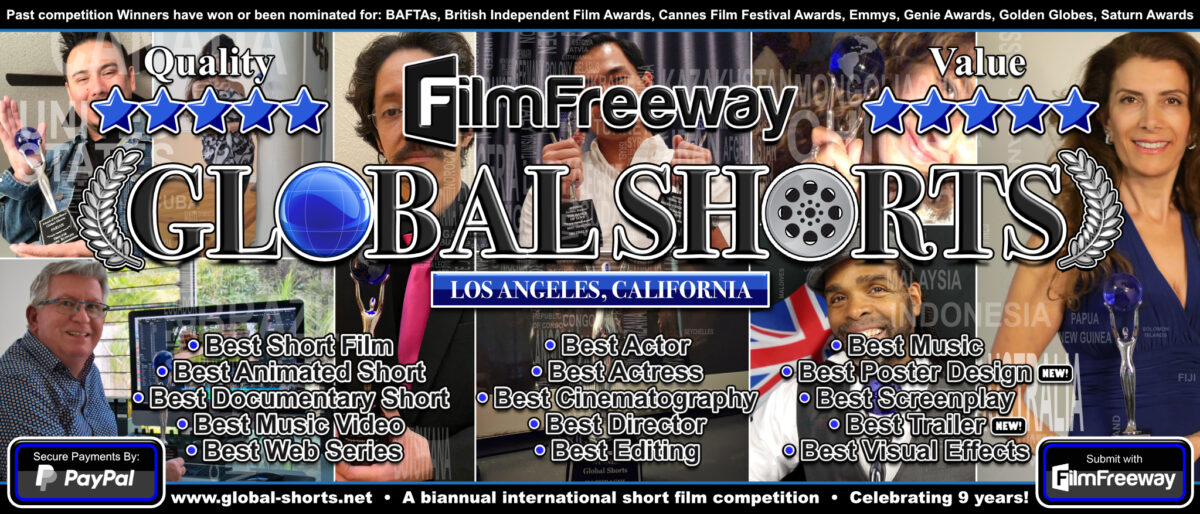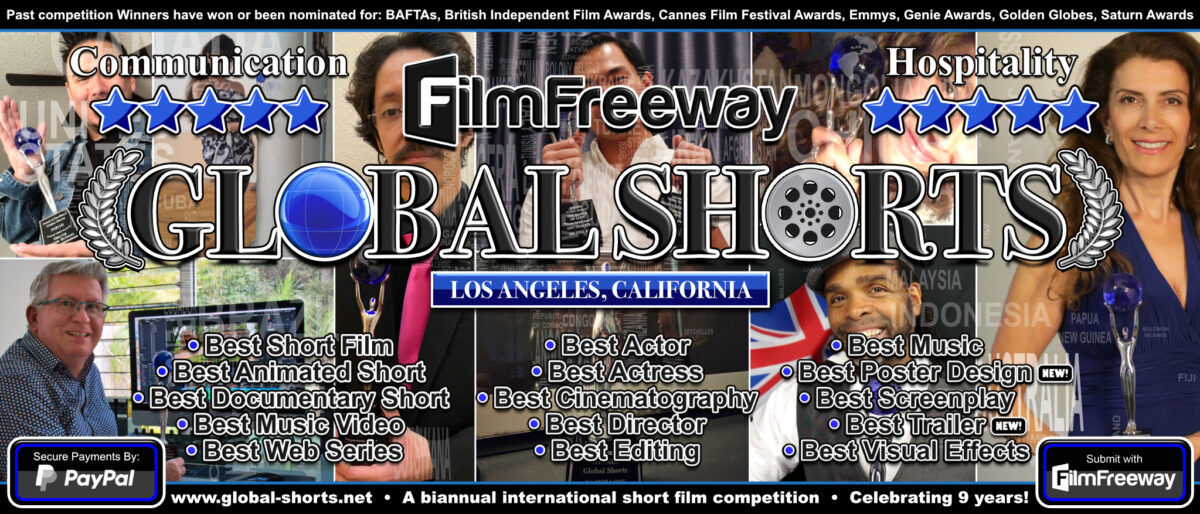Title: Virtual Memory
Runtime: 22 min
Country: USA
Director: Julie Goldstein
Placement: Honorable Mention
Competition: March 31, 2019
Synopsis: Once there was a time when images were made from head to hand.
Devices came into being which allowed the chemical capture of light.
Persistence of vision, motion.
Electrical capture of light. Distribution and broadcast, reception with the set.
Computers – the pixel – a fraction of light – more like pointillism, a comic.
The speed, multiplicity of transmission – active viewership.
The generation of synthetic images to replicate the real, not necessarily in terms of realism of representation, but in terms of realism in interaction.
Interaction, an extension of active viewing. Randomness increases.
Screen being replaced by an immersive experience. Projection of a holographic image.
Virtual becomes a replacement space.
FILMMAKER Q&A – Julie Goldstein
GS: What was the inspiration for your film?
JG: Being born in 1968, I have been surfing the wave of technical evolution my whole life. I saw TV go from B/W to color, used first personal computers released in the 70’s, shot film on super 8 when it was the only option, edited VHS video from one deck to another and have shot most of my photographs on 35mm film. I see myself as a bridge between old and new school techniques and have been teaching courses in 3D Animation for over 25 years and am now experimenting with VR. I felt that I needed to create a document for the next generation to access, in order to explore the depth of the changes humanity has undergone in regards to image generation and communication.
GS: When did you conceive the idea for your film and how long did it take before it was realized?
JG: “Virtual Memory” was conceived about 10 years ago and has sat in a rough format for many years. As I returned to the classroom, as a university professor, I began to use the rough version of the film in the classroom. Seeing that it spoke to the next generation of filmmakers and allowed for a conversation to evolve regarding our immersion in technology, I realized that it needed to be completed and formally released.
GS: What was the most challenging aspect of working in a short film format?
JG: Short format filmmaking challenged me to compress a lot of historical content into a digestible package. The duration of “Virtual Memory” straddles the short and mid format range at almost 23 minutes and it was difficult to find additional parts to edit to bring it to a shorter running time without compromising its scope.
GS: What was the most challenging aspect of your production?
JG: Working with found footage and bringing various disparate parts together into a cohesive whole, was quite a challenge. Integrating archival footage in a way which allowed it to breathe and speak to the larger context surrounding how we perceive ourselves, cultivated a continual balancing act between poetic expression and historical document.
GS: Do you have any advice for first-time filmmakers?
JG: Try to be comfortable being uncomfortable and if you don’t make mistakes you are not learning. This openness to experimentation, allows for a conversation with the medium, where happy accidents become part of your dialog with the content.


